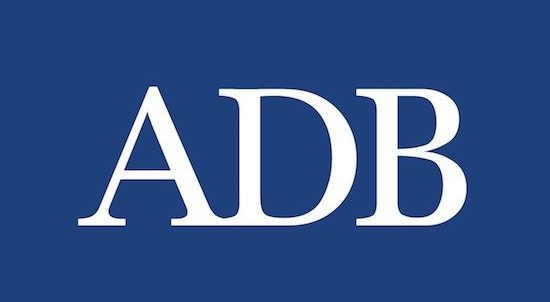Safeguarding ADB’s Accountability Mechanism Policy Review

In May 2023, Accountability Counsel attended the Asian Development Bank’s (ADB) 56th Annual Meeting in Incheon, South Korea to make the case for strengthening the bank’s accountability infrastructure. ADB, which has been reviewing its environmental and social safeguards policy since 2020, is finally launching a review of its Accountability Mechanism’s policy. As the ADB prepares for its accountability mechanism review it must recognize that project-affected communities are most impacted by environmental and social failures and risk their land, livelihoods, and health and safety when ADB does not get accountability right. Project-affected communities are therefore the most important voices in the process, and the Accountability Mechanism policy review should, first and foremost, safeguard their demands.
Why A Good Process Matters
ADB is a publicly-funded institution that invests in development projects that aim to improve the lives of the most marginalized communities throughout the region. When investments lead to environmental and human rights harm, ADB is accountable to affected communities through its independent accountability mechanism. On a complaint from communities, ADB’s Accountability Mechanism can conduct an investigation into whether the bank complied with its standards and can mediate disputes between impacted people and bank clients. As a public institution, impacted communities should be able to shape the processes through which ADB is held accountable and have a say in the design of the Accountability Mechanism. An open and public process increases both the legitimacy of the review and the trust affected communities have in the mechanism.
Not only is a transparent and inclusive review process principally important, but it also results in better outcomes. We know from past experience that powerful interests can oppose strong and effective accountability mechanisms and that hearing from and designing mechanisms for project-affected communities serve as safeguards against regression. For the ADB, having a good process is especially important as the Accountability Mechanism lags behind peer institutions and needs to result in substantial improvements.
What a Good Process Looks Like
ADB’s review process must be independent, transparent, and consult with project-impacted communities and civil society. This requires more than simply seeking comments on draft procedures, which are often heavily negotiated internally before they undergo public scrutiny. Instead, ADB must be guided by project-affected community experiences even as they start the review process and be open to changing course based on community expertise. This means learning from communities who have already approached the ADB’s Accountability Mechanism, and incorporating lessons from their experiences, including Indigenous Magar and Dalit communities from Nepal who are threatened with displacement due to the Tanahu Hydropower Project and have been fighting for fair land valuation and land-based compensation since at least 2018; fishing and coastal communities in and around Mundra whose livelihoods were destroyed by the Mundra Ultra Mega Power Project; and communities living around the site of the Visayas Base-Load Power Project in Philippines who suffered from severe negative health consequences.
Recommended Next Steps for the ADB’s Accountability Mechanism Policy Review:
At minimum, the review process for the ADB’s Accountability Mechanism should include the following steps:
- ADB should disclose all documents that will inform the Accountability Mechanism policy review, including any approach papers, terms of reference, and internal and external assessments.
- The Accountability Mechanism should seek guidance from project-affected communities and civil society on what changes are needed for the mechanism’s mandate and procedures.
- The Accountability Mechanism staff should take the lead in the drafting of the new policy. As an independent institution within the Bank, the Mechanism staff is best placed to safeguard the Mechanism’s effectiveness.
The Board also has an important role to play in safeguarding the review process. The Board should set:
- A principle of no regression to ensure that the review does not risk a worse outcome; and
- A minimum mandate of improvement on particular issues including reducing eligibility barriers, enshrining community agency, and facilitating remedy.
Accountability Counsel’s advice for the review process and its outcomes, which we have shared with ADB board members, staff, and Accountability Mechanism representatives, is available here.
Find this article featured in NGO Forum on ADB’s June 2023 Bankwatch publication here.
Related Posts
- 17 May 2023 ADB safeguards policy update must prioritise people and the planet, says NGO Forum on ADB
- 3 April 2023 Why Do Multilateral Development Banks Finance Repeat Offenders?
- 20 May 2019 ADB to develop Accountability Mechanism Framework to manage social risks
- 17 January 2019 Reflections on ADB’s Accountability Mechanism Expert Meeting

